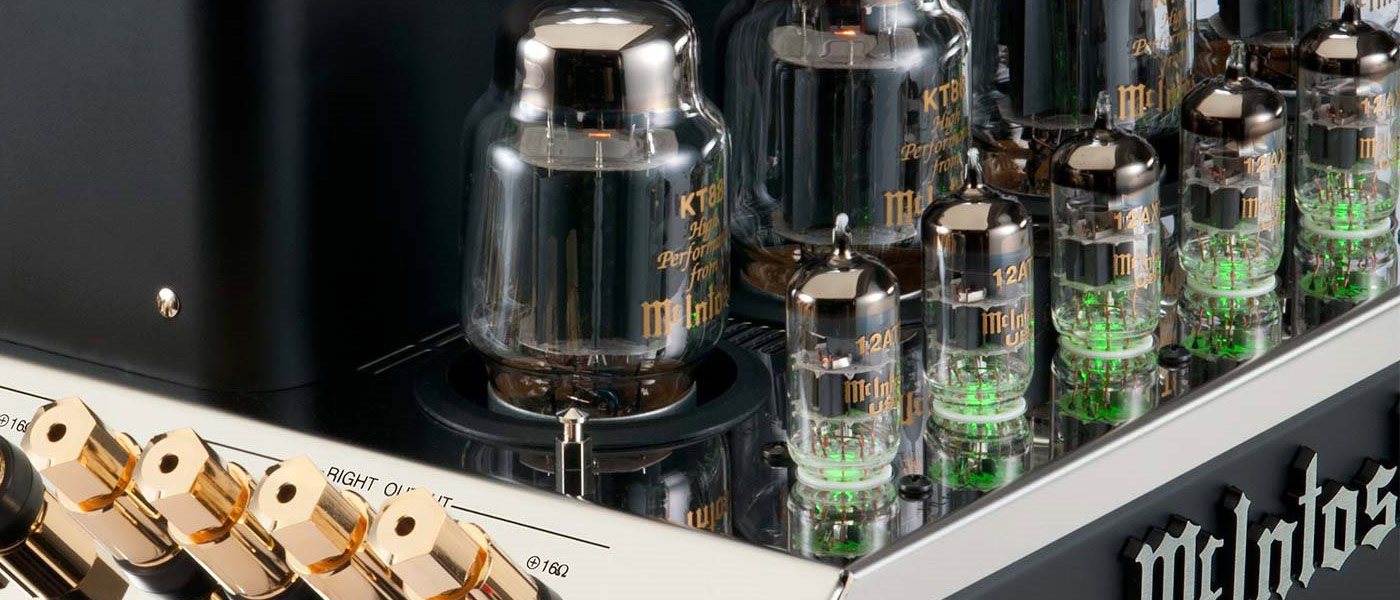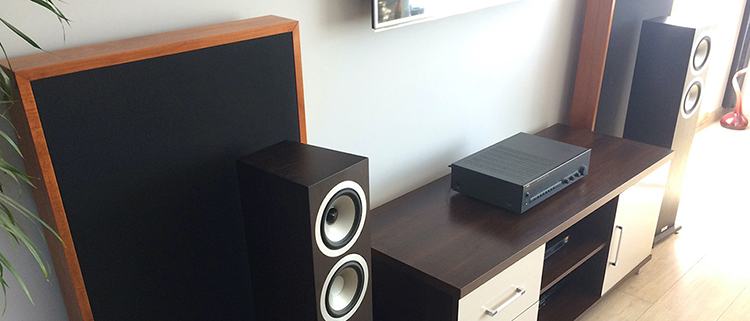
A room correction system can correct for only one set of speaker locations and only one listener position. There are some exceptions to this statement because some correction systems allow for multiple microph one locations. But even if the room is electronically corrected for multiple listening locations, the correction is wasted if the speaker positions are changed (even slightly). Further, after changing a speaker location, if the correction program isn’t run again then the previous “correction” actually makes the sound worse!
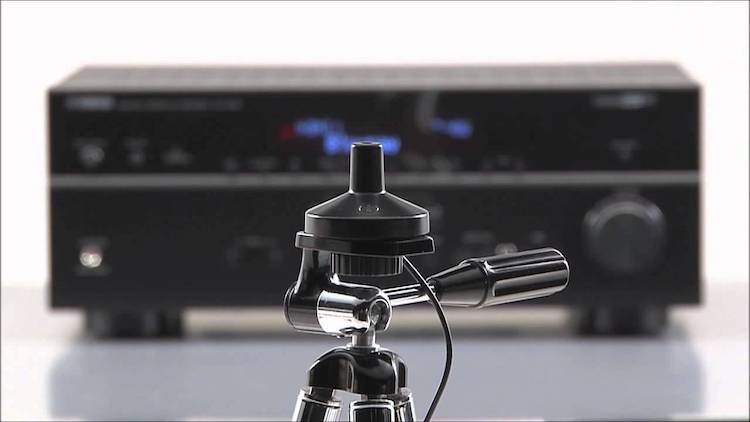
In comparison, room treatments work for every speaker location and every listening position. The treatments may not be optimized for every speaker’s location, but the room will still sound better with a collection of absorbers and diffusers than without.
Secrets Sponsor
But the problem with room treatments is that, unless you make your own, the cost can be phenomenal. The average listener gets an electronic room-correction system essentially for “free” when they buy an AV Receiver. But to apply room treatment requires some analysis, a large purchase (almost always more than the cost of the AVR), and a significant other who is tolerant of strange pads and boxy structures hanging on the walls (and maybe even the ceiling).
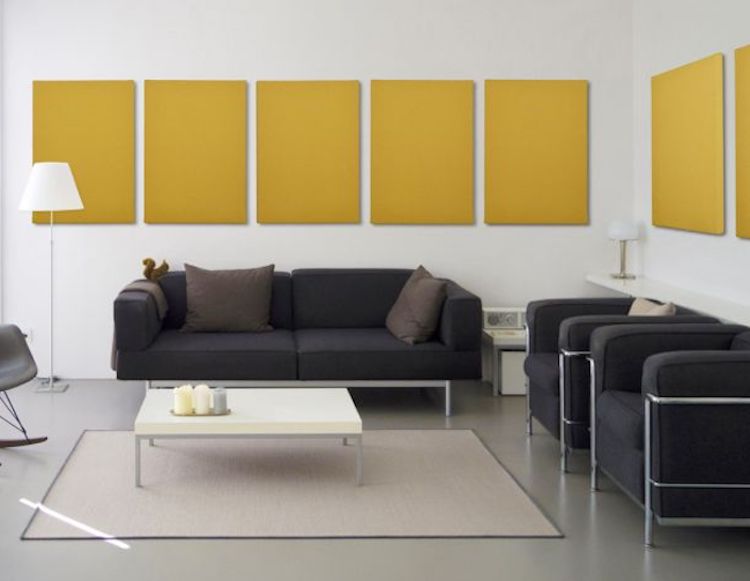
So, despite the inherent superiority of room treatments, the majority of audio enthusiasts will probably never try them. And this is unfortunate because the first few absorbers that are installed in any given listening room provide the greatest results. In other words, even if you invest in only a fraction of the “recommended” square footage of absorbers for a specific room, you should still be able to easily hear the difference.
Also, keep in mind that the websites that recommend acoustic coverage are run by the manufacturers who are in the business of selling treatments. I’m not accusing them of dishonesty at all, but there is some financial motive for them to recommend more rather than less… My impression of their online-estimators is: The recommendations given are more appropriate for a recording studio than a home listening area. But of course, I could be wrong.
Secrets Sponsor
This discussion, to this point, has not covered what is potentially the best option – A room with good acoustic treatment used in conjunction with an electronic correction system. By treating the room first, you reduce the amount of “work” that the electronic system has to do to achieve its correction. The difference is not subtle! In fact, I’d make the generic statement that the less an electronic correction system has to fix, the better it will sound.
The best advice I could give would be this: Try some absorbers in your listening room. Even a couple hundred dollars’ worth will provide a noticeable improvement. Then if you have an electronic correction system, use it and see if you like the effect. Remember that the electronic correction systems (on all but the entry-level receivers) offer a fair amount of flexibility in their application. In some correction systems, you can even manually equalize out peaks in the frequency response.
Now I’ll also mention a curious phenomenon – Many have and will run their electronic room correction programs, and then immediately turn them back off. The sound of your system with correction will be noticeably different from the sound without it. Many people, having become accustomed to how their system sounds without electronic correction, think that the corrected sound, being different, must be wrong. Maybe, maybe not… Having run the room correction, listen with the correction system for at least a week. You may find that the “different” sound offers virtues that you didn’t immediately appreciate. If you still don’t like the effect after some serious listening, then consider tweaking the electronic correction to fix only the specific parts that you don’t like.
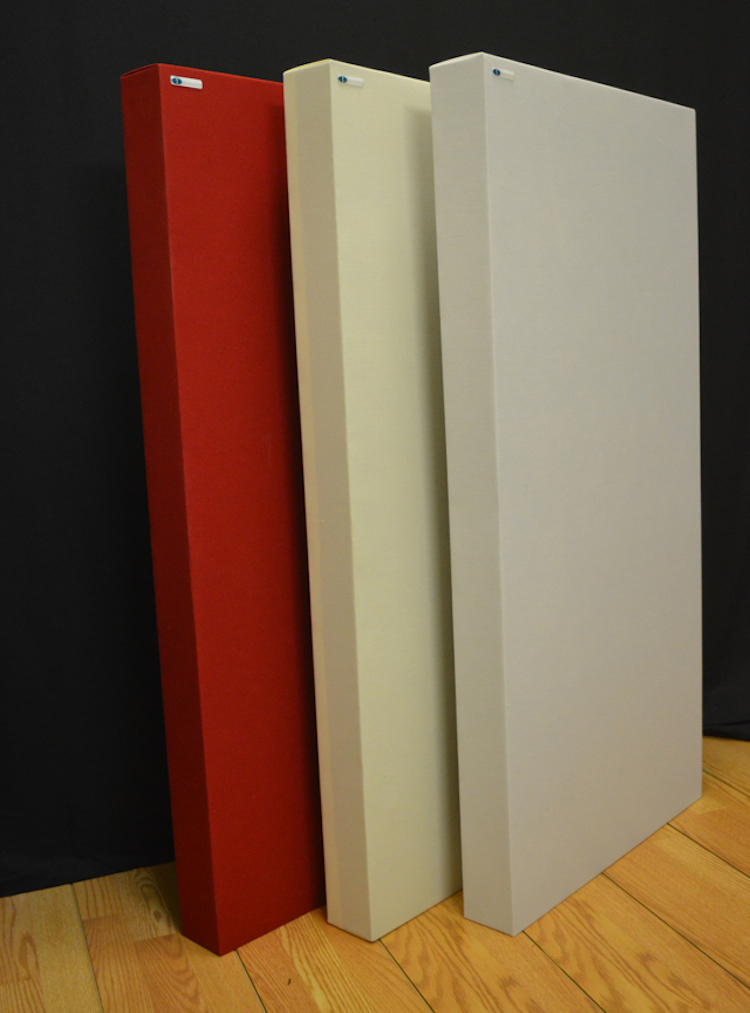
I’d bet that after a week of listening, you’re going to be far less happy with the sound of your system sans electronic correction.


